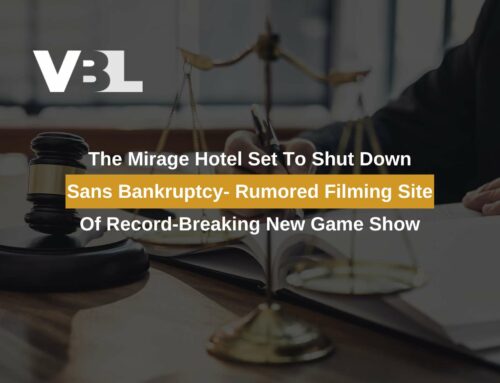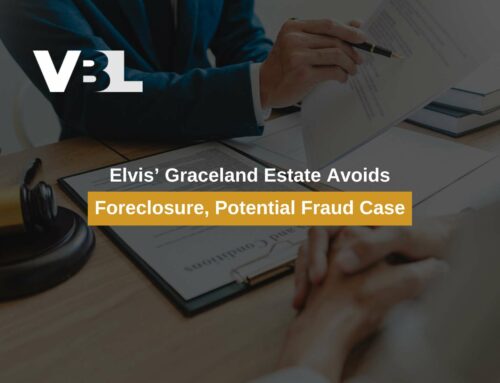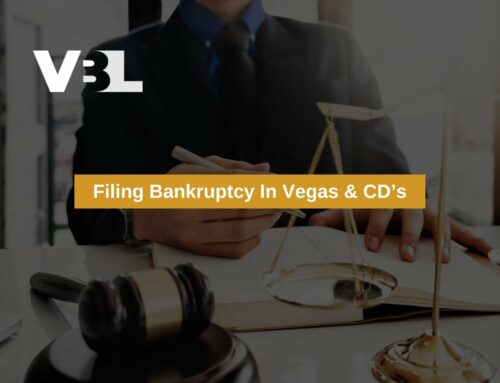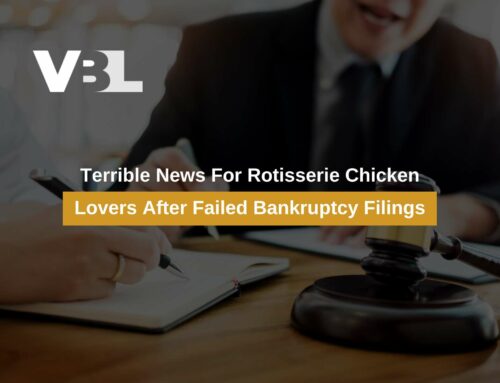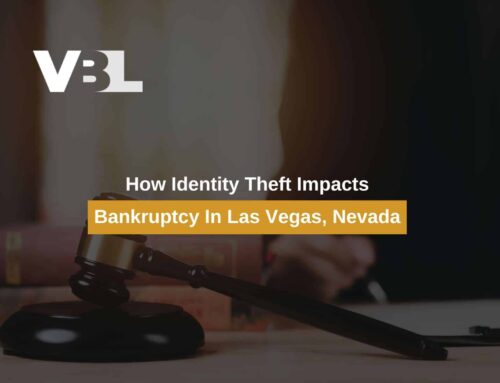What are the Biggest Financial Mistakes of Residents of Las Vegas, Nevada?
To err is human, and financial mistakes are just one of the types of mistakes we can make. Las Vegas residents are prone to making mistakes similar to people across the rest of the country but also face some challenges that are unique to Nevada. When financial mistakes catch up to you, your finances and entire way of life could be at risk. Debt relief may be necessary to protect your income and safeguard your assets from your creditors. If your debts are mostly unsecured nonpriority debts and you meet Nevada’s income restrictions, chapter 7 bankruptcy may be effective debt relief. If you need bankruptcy to protect you from creditors while you pay off debts including secured and priority debts, chapter 13 might be a better fit. If you’re looking to correct financial mistakes through bankruptcy in Las Vegas, you can turn to Vegas Bankruptcy Lawyers for information and legal representation.
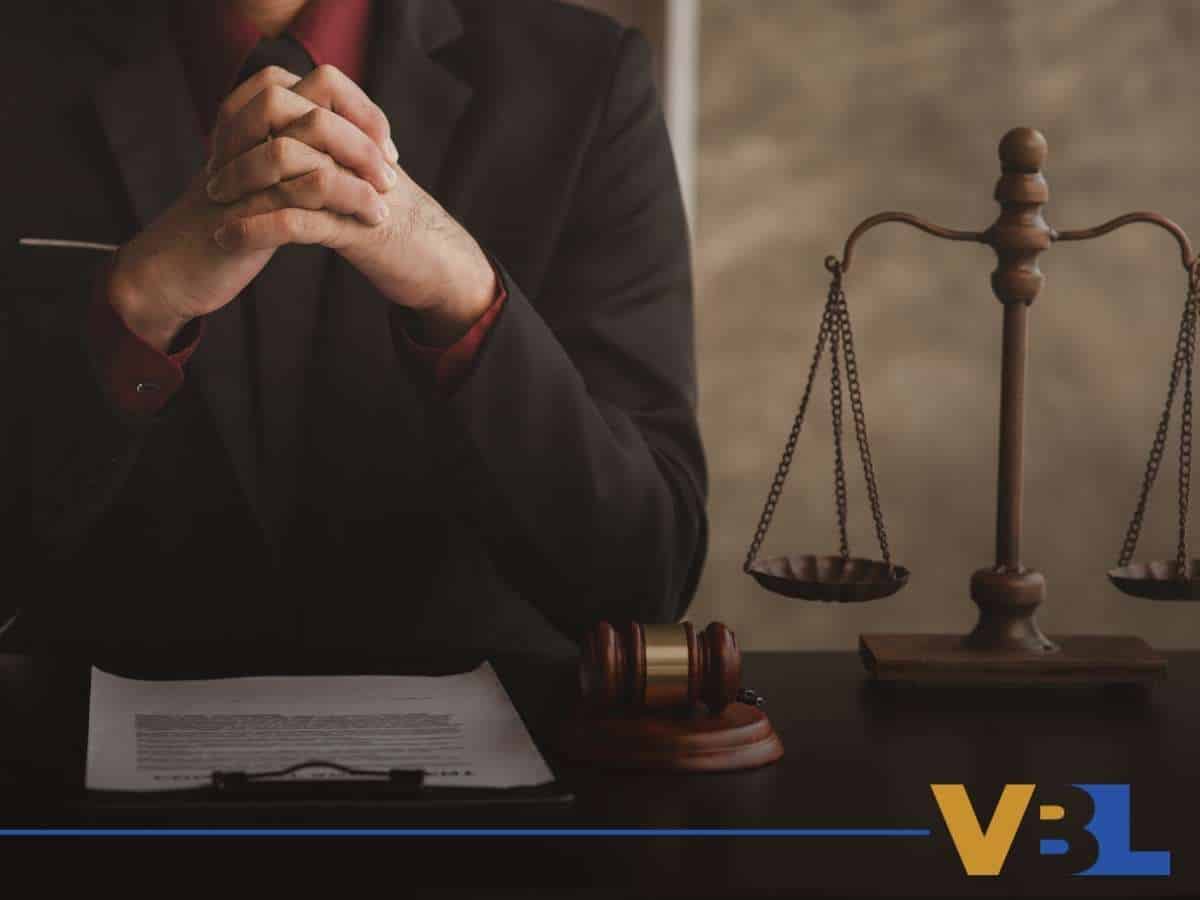
Failure To Budget Amid a Cost of Living Crisis
It’s been a stressful few years with the pandemic being immediately followed by a period of dramatic inflation. Many of the most fun ways to relieve stress cost money. It can be comforting to engage in habits from the past like retail therapy or elaborate meals. If you’re one of the lucky people whose income has kept up with inflation, you’ve probably been able to maintain your current lifestyle without much strain. But in this economy, it may be necessary to downsize and cut out discretionary purchases.
Waiting Too Long To Deal With Creditors
Most of your creditors will start the collection process with phone calls that are easy enough to ignore. But this can escalate to collection efforts that can be embarrassing and financially devastating. A lawsuit judgment will stain your credit and make it harder to be approved on future applications. Your employer will be notified if your creditor obtains a wage garnishment against you, and be required to send your creditor a significant portion of each paycheck until the debt is paid. Your car can be repossessed if you fall behind on car payments, and you can face home foreclosure if you fall behind on your mortgage. You can even be left with a repossession deficiency if your asset sells at auction for less than the value of your loan. Losing the asset itself can be damaging and it could be difficult to replace your vehicle or residence during this type of credit situation.
Getting Caught Up in Gambling & The Las Vegas Scene
Las Vegas certainly has some of the best nightlife, which is evidenced by people traveling here to celebrate special occasions from all across the globe. Nevada also has the most relaxed laws regarding gambling. It’s okay to indulge in moderation, but it’s also very easy to get swept up by the Las Vegas lifestyle. Gambling shows and other nightlife extends beyond the Strip. These issues intersect with addiction and substance abuse, which are known to cause financial problems to the afflicted. Getting help for these issues might also require addressing their financial repercussions.
Not Reading The Fine Print for Credit Cards & Other Lines of Credit
Credit card companies and banks reel customers in with attractive sign-on offers and bonuses. Once the sign-on period has expired, the customer might be left with a high-interest rate, monthly or annual fees, and other disadvantages that they weren’t aware of at first. One financial emergency or even a month of extra spending could put the borrower behind in paying off the full balance each month, which can cause charges to accumulate. Credit card debt is one of the leading causes of bankruptcy, but bankruptcy is designed to assist with credit cards and other unsecured debts. Before entering any type of agreement for a loan or line of credit, make sure you read the fine print on any terms that aren’t favorable and broadcast in advertisements.
Picking Between Chapter 7 & Chapter 13
Some debtors qualify to file for their choice of Chapter 7 and Chapter 13, while others might only have one option or not qualify for either. They serve different purposes and offer separate benefits and disadvantages.
Chapter 7 bankruptcy only takes 4 to 6 months and can clear limitless amounts of unsecured non-priority debts. This means the debtor can unload credit cards, personal loans, medical bills, certain taxes, and more without paying back creditors. Not everyone qualifies to take advantage of these benefits. Debtors must pass the means test or earn less than Nevada’s median income to qualify for Chapter 7 bankruptcy. The debtor must also apply bankruptcy exemptions to all of their assets or risk the trustee seizing those assets to pay back creditors. If a debtor can’t qualify for Chapter 7 bankruptcy or their debts would be largely unaffected by Chapter 7 bankruptcy, they might consider Chapter 13 bankruptcy instead.
Chapter 13 bankruptcy lasts 3 or 5 years. The reason it lasts so long is that it needs to give debtors enough time to pay off debts that can’t be discharged in Chapter 7 bankruptcy, like secured debts and priority debts. However, depending on the debtor’s disposable monthly income, some or all unsecured nonpriority debts can be discharged at the end of the payment plan. The debtor will be protected from creditors by the automatic stay during the payment plan, which lasts 5 years for debtors who earn more than the Nevada median income and 3 years for those who earn less than that amount.
Both Chapter 7 and Chapter 13 bankruptcy require that the debtor complete two credit counseling courses and attend a 341 hearing. The debtor will need to fulfill trustee requests and could have other responsibilities depending on the chapter they file and other factors related to their filing. For more information about declaring bankruptcy in Clark County, Nevada, call us at 702-370-0155.
How Can I File for Bankruptcy for Zero Dollars Down?
Paying for bankruptcy can be a dilemma for someone on the brink of declaring bankruptcy. The filing fees alone for chapter 7 are $338, and $313 for chapter 13. Paying for these costs on top of attorney’s fees and other expenses may simply be out of the question for some debtors. But that doesn’t mean that the only option is to file pro se, or under self-representation. Las Vegas Bankruptcy Lawyers offers an innovative payment option for debtors seeking to file for Chapter 7 bankruptcy.
With our zero-down filing option, your bankruptcy case will be bifurcated, meaning the filing will be split into two parts. The first half of your case will be completed free of charge, and this is the point at which you can resume incurring debt. You will be charged for the work completed for your second filing. The first filing will only contain bare-bones contact and financial information, otherwise known as a skeleton bankruptcy petition. The second filing will be your full petition needed to discharge debts in Chapter 7 bankruptcy. Your fees will be paid off in an affordable monthly payment plan that begins after your case has been filed, up to 12 months at 0% interest. To learn more and to see if you qualify, contact us through our online form or call us at 702-370-0155 to schedule your free phone consultation with Vegas Bankruptcy Lawyers.

Las Vegas Bankruptcy Lawyers
LAS VEGAS
7251 W Lake Mead BLVD #300
Las Vegas, NV89128
Office: 702-879-2499
Email: [email protected]
HENDERSON
1489 W Warm Springs Rd. Ste 110
Henderson, NV 89014
Email: [email protected]
Additional Information at:
Phoenix Bankruptcy Lawyer
Phoenix DUI Lawyer
Chandler Bankruptcy Lawyer
Vegas Zero Down Bankruptcy Attorney
Gilbert Bankruptcy Lawyers
Arizona Zero Down DUI
AZ Bankruptcy Lawyer





